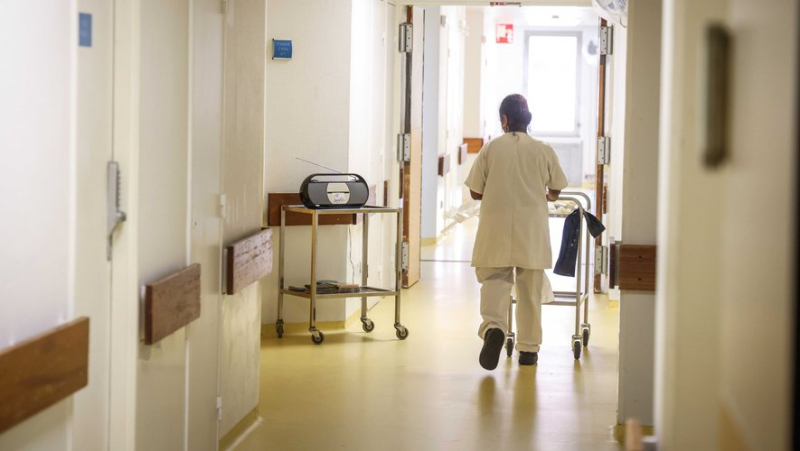Lassa fever: what is this disease of which a first case was detected in France ?

A first case of fever, endemic in certain African countries, was detected in France. A man is hospitalized (illustrative photo). Luc Nobout – IP3/MAXPPP
A first case of fever, endemic in certain African countries, was detected in France. The man is hospitalized in Val-de-Marne. What is this fever and how is the disease transmitted ?
A soldier returning from abroad was hospitalized in Ile-de-France. He suffers from Lassa fever, a viral hemorrhagic fever in certain African countries, indicated the Ministry of Health on Thursday May 2, 2024. This is the first case identified in the Hexagon. Twenty people died from this virus in mid-April in Nigeria, note Le Point.
His state of health does not inspire "no concern", according to the ministry press release cited by L’Express. "A thorough epidemiological investigation is underway to determine the people who would have been in risky contact with the patient."
A small rodent, the main reservoir of the virus
This hemorrhagic fever is caused by the Lassa virus, which owes its name to the town of Lassa, Nigeria where the virus was first isolated in 1969, according to the Pasteur Institute. It is transmitted to humans through contact with food or household items contaminated by urine or rodent droppings, indicates the World Health Organization (WHO) website.
The main reservoir of the Lassa virus is a small peri-domestic rodent called Mastomysnatalensis, according to the Pasteur Institute: " A large number of these rodents live near or even inside homes, and their infection rate can be as high as 80%".
What mortality rate?
Lassa fever is endemic in Benin, Ghana, Guinea, Liberia, Mali, Sierra Leone and Nigeria, but it is probably also present in other West African countries, according to WHO, which specifies: "The overall case fatality rate is 1%. Early supportive care, focused on rehydration and symptomatic treatment, improve the chances of survival.
And the symptoms?
The incubation period varies from 2 to 21 days. After a few days, patients may experience headaches, throat irritation, myalgia, chest pain, nausea, vomiting, diarrhea, cough and abdominal pain, again according to the WHO.
"In severe cases, the symptoms then worsen, with the appearance of edema, hemorrhagic signs, d’ rsquo;pericardial and pleural effusions, and more rarely encephalitis", details the Pasteur Institute. "Lassa fever is extremely serious for pregnant women, frequently leading to the death of the mother and systematically to that of the fetus".
Vaccine ?
Currently, no vaccine protects against Lassa fever, underlines the WHO. Research is being carried out to develop one, specifies the Pasteur Institute.




